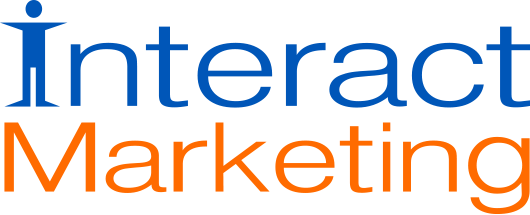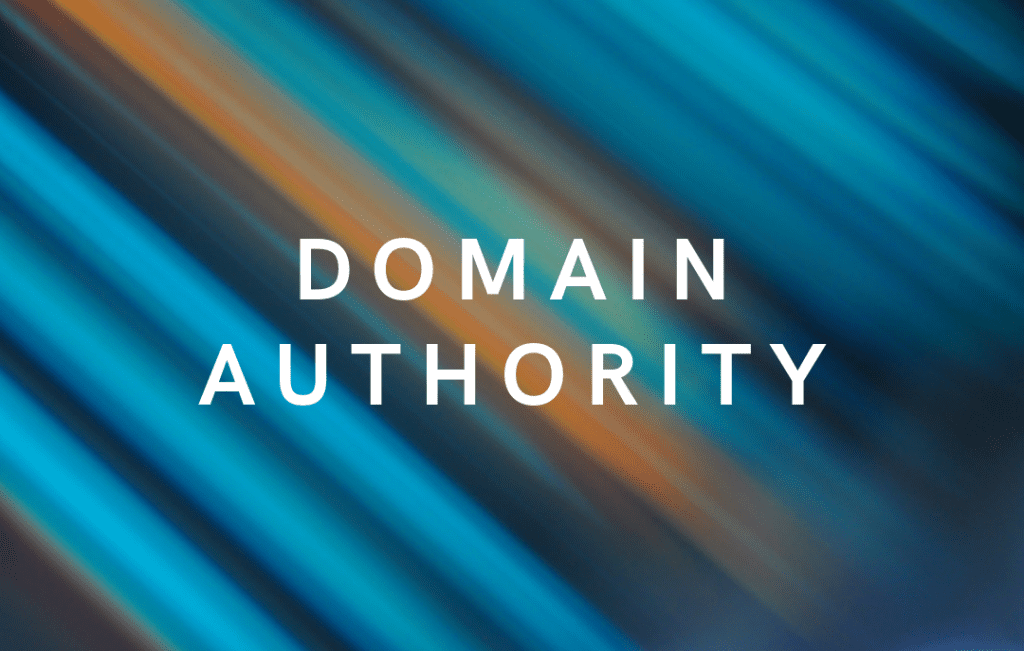A frequently used, but fiercely debated metric in the SEO community is at the center of an announcement by SEO software company Moz. Domain Authority will be updated citing new data in March of 2019.
Domain Authority was developed by Moz as a quick way for someone to gauge the authority of a website without digging into backlinks and site history. Google’s PageRank metric was once the best indicator of how authoritative a website was, but when that was phased out of public view by Google in 2016, Moz’s Domain Authority became the best option for so many SEOs. For others, however, the metric was rejected and is still the source of controversy in the industry.
Moz’s announcement came from Russ Jones, the Principal Search Scientist at Moz. One of the main gripes about Domain Authority has always been about the way Moz ranks sites which don’t rank for any keywords. Since its 1-100 rating was based on a set of search results, getting an accurate rating for these sites was impossible. Here’s a summary of the rest of the updates Moz is making to Domain Authority to make the score more “authoritative”:
- Neural Network – Moz relied on a linear model to help identify backlinks. With a neural network, the new number will be better able to detect fraudulent links.
- Updated Weighting System – The new Domain Authority will take spam into account more than it did prior. It intends to strike a balance between the importance of high quality backlinks and traffic, as well as other quality metrics.
- Identifies Bought Links – Domain Authority will be able to differentiate organic from bought links, link sellers, comment spammers, and more to better reflect Google’s public comments on buying links.
We can expect Domain Authority ratings to fluctuate, especially as the update rolls out. It is recommended that if you use Domain Authority as a KPI to communicate to decision makers that you convey these changes, as well as show your site’s score in comparison to similar sites in your industry.
Domain Authority should not be the only KPI you look at to determine how successful your efforts are online. It’s not backed by Google, and in fact, Google does not see Domain Authority as a helpful metric to fixate on. Still, it is seen as a useful piece of the puzzle for some.
Russ Jones took to his blog to defend Domain Authority as the recent announcement conjured up some controversy. The basis of his argument is extrapolating meaning from two correlated events. Here’s the example he used:
“Imagine you want to sell ice cream. You know that people buy ice cream on hot days. However, a company has a monopoly on all thermometers and weather forecasting and doesn’t share any of that information with you. You notice, however, that when people wear sunglasses, it tends to be warmer. You set up a camera on a heavily populated street and count the percentage of people wearing sunglasses. You then use that ratio to determine whether you open the ice cream shop that day. Notice that wearing sunglasses has no impact on the weather, and it certainly doesn’t make people eat ice cream; nevertheless, it does predict whether people will want ice cream. That prediction is valuable enough in order for your business to make better decisions.”
Despite the ongoing debate, hopefully these updates will impress a faction of the SEO community who had written off the metric in the past.If you are interested in learning more about SEO, don’t hesitate to contact the SEO team at Interact Marketing, a leading digital marketing agency headquartered in New York.



